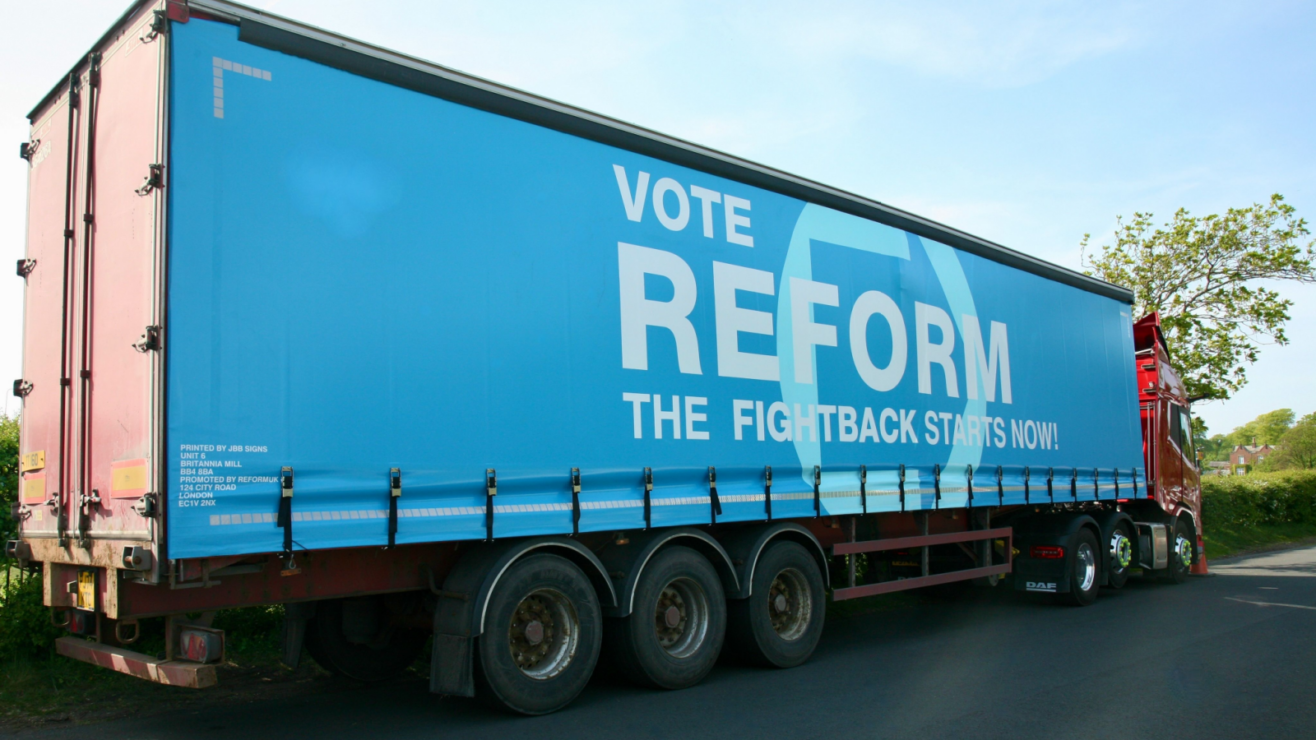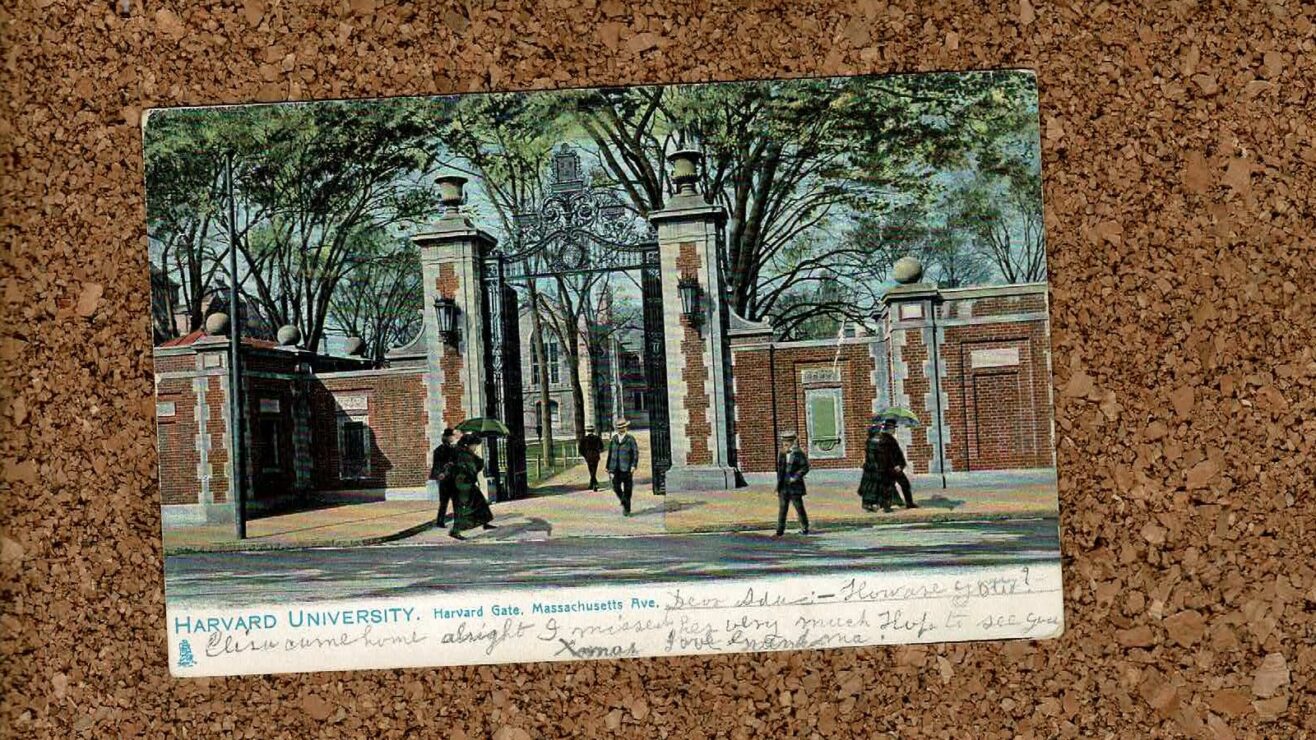It’s a tale as old as time. If you ask people their opinions, they will share them.
For this reason, a huge part of the art and science of survey design is choosing the right questions to ask. The public as a whole are, I would reckon, ambivalently positive about universities – generally disposed to believe sector stories about upskilling the nation, guardedly optimistic about opportunities offered to their children, critical when confronted with stories of grade inflation, low entry requirements, or (especially) vice chancellor pay.
But all of these feelings fade into nothing when compared with ideas about schools, social security, or the NHS. Services that are a tangible component of lives register at another, more visceral level – universities will always lose out in these comparisons.
Headlines
It is into these uncertain waters that University Alliance wades. You may have missed the sheer scope of the recent research carried out on their behalf by Public First (a choice that guarantees findings will be under active discussion in Downing Street given Public First’s deep connections in Westminster) if you only read Wednesday’s press release. It is the underlying data tables published alongside that we have spent some time analysing.
The findings slipped a little under the radar – seven out of ten people think that universities will play an important role in supporting economic and social recovery post Covid-19, and there’s more support for university provision in the applied science and engineering (62 per cent), than pure science (50 per cent), or the arts (12 per cent).
But there are much more challenging findings in the data. Only 17 per cent think that universities should benefit from increased public spending (compare 83 percent for the NHS), and only 37 per cent feel that social work should be a graduate profession. Only around 1% feel that universities should be expanded post-Covid-19. Ninety three percent do not feel that supporting more people to go to universities should be in the government’s top five priorities.
But what does that mean?
You have to unpack that last one a bit. Two of the top three priorities (supporting the economy, and creating jobs) refer to solving problems – with the exception of “Improving the NHS” at the top most other popular choices follow that pattern. The university option, schools improvement, and strengthening the welfare system, are the only other supply-side interventions listed – investing in a named system rather than solving a named problem.
Perhaps a fairer option would have been “investing in high-level skills to support an innovation-led economy and generate better jobs”. It’s still a bit supply side, but it positions universities as the solution to a problem, not an end in themselves. The “high-level skills” bit is important – “improving people’s work skills” is not a particularly popular option”. Through all this we need to bear in mind that respondents are being asked about priorities post Covid-19 – fixes to immediate and exceptional problems – not wider aspirations.
The new science of opinion
You may have had your fill of my bellyaching about survey design in the past few weeks – but it is important to remember that the man who literally wrote the book about modern political opinion survey design is connected to this one.
The book in question is called “Meet the people”, and it was written by James Frayne, Founding Partner at Public First. It’s an interesting read. For instance, he notes that:
Using research to consider how best to sell an approach to the public is … generally seen as being a much more appropriate way of using research. This is not about coming up with specific policy ideas and positioning, but working out the best way of framing an issue to the public – working out the language that should be used to describe an issue and how to present it overall. This really matters. Express a police idea in one way and people hate it; change the language and they like it”
Through this polling, University Alliance has stumbled upon a way to present universities in an unattractive way – an insight that should have been obvious. Problem-solving will nearly always win out against investment in structures and systems.
Isn’t it all subjective?
The questions on subject areas are another instructive example. The question as put to respondents is:
Thinking about the following groups of subjects commonly taught at universities, how important or unimportant do you think they are to how you want the UK to look post Coronavirus (Covid) i.e. would those studying these degrees play an important or unimportant role in the country post Covid, in your opinion?”
That’s a long and complex question, with a list of subjects at the end that don’t always have a lot in common. The phrasing (“post coronavirus”) puts the reader into an emergency mode – they are asked to identify important areas to influence how the country will look post Covid-19. Without the Covid-19 angle, how someone wants the country to look would inspire more utopian thinking – with it we are back at immediate problem-solving.
Polling on new situations, and rapidly evolving situations without widespread clear understanding, is notoriously unreliable. If Number 10 doesn’t know what will be a priority post-pandemic, on what basis would a member of the public make the call about which subjects are important?
As Frayne puts it:
When issues are new or complex, quantitative data can be unreliable. Where the views of ordinary voters are not formed or settled, small changes to the language of a question significantly changes results in these types of polls. You could not assume you understood public opinion in such a scenario.”
The results bear this out. Subjects seen as important are clearly understood (professions that the public would have had numerous interactions with) and directly linked to current concerns (Medicine and nursing). Even stuff that is clearly a priority – we will certainly need more linguists after the hard Brexit we appear to be heading for – doesn’t show up here. And the results show relatively poor support for creative arts, humanities and social science subjects. Which makes you wonder exactly what people have been reading, watching, and listening to during lockdown.
Spending review
The sample was asked about what increased government spending should be spent on. It’s a classic hypothetical “free money” question – so again we see overwhelming backing for more money for the NHS, social care, schools, and welfare.
Universities again crop up on this list – as probably one of the smallest spending areas with the least popular impact. It loses out only to cultural, leisure, and creative issues.
Again, we shouldn’t be surprised about this. To quote Frayne again:
People want to believe their voting and general political choices are motivated by morality”
Having experienced a spring where the NHS and social care were stretched to their very limits and coped admirably (albeit in spite of rather than because of government intervention…), where the work that schools do was foregrounded while premises were closed and provision well-meaning but scrappy, and where nearly 10 million people experienced seeing their income come directly from government, these are the answers one would expect.
Having first-hand experiences adds moral weight to hypothetical spending choices. Universities – for all the good they do – touch fewer people. To go back to the book:
People are more likely to pay attention to a crisis and remember it if they have been moved emotionally.”
We clapped for carers and the NHS. We threw objects at screens – and screens at objects – during Dominic Cummings’ bank holiday press conference. Universities did not touch the public heart in the same way, for all the great work they have done to support the country during this crisis – even though the survey makes respect for this work clear.
Professional bodies
We will end up with a classic example of asking a question that the public cannot be expected to know anything about – should a given profession require a degree for entry or not. Again the wording – “This should be a graduate profession – in other words, you should need a degree as well as practical training to become one” and “This should not be a graduate profession – in other words, you should need practical training but not a degree to become one” – is key.
This is a complex set of ideas. By separating the idea of a degree from the idea of skills there is an implicit underlying question regarding what a degree is for. The respondent is asked to consider “skills plus degree” against “skills” – there’s no suggestion that skills are gained as part of a degree programme. There’s been a lot of sector debate on the signalling value of a degree against the practical value – real value probably lies between the two poles.
This question is slanted entirely towards signalling – and you can see this effect by comparing the answer for whether nurses need a degree (46 per cent agree) with a later question – “Currently, all UK domiciled nurses who want to work in the NHS need to get a degree or a degree apprenticeship from a university. Training to be a nurse takes a minimum of three years, of which about half of the programme is based in clinical practice with direct contact with patients and families. Thinking about how nurses are trained, and the role of universities, which of these comes closest to your view?” – that yields 74 per cent agreement on nursing degrees.
So – the ranking we are left with is a public conception of how much specialist knowledge a given job needs, and nothing more. Being a doctor or an accountant or a lawyer is clearly knowledge heavy- a degree is needed. Being a professional musician, estate agent, nurse or social worker is – apparently not. The degree adds an imprinter of quality assurance to training, perhaps also a measure of protection against liability for incorrect professional decisions. It’s difficult to say.
The idea of these tables circulating without caveats in high-level policy circles is worrying, and one that could easily have been avoided by asking different questions.
We asked Public First’s James Frayne about our analysis and he told us:
With the public finances deteriorating badly – and a recognition the public wants to start hearing what recovery from Covid looks like – the government will be forced into making very tough choices. It’s naive to think decisions won’t in part be made by looking at public opinion. Governments seek to solve policy problems but they listen closely to public opinion all the time. Of course, opinion is dynamic and constantly changes; at times of crisis, it often changes dramatically. That’s why it’s even more important to understand what people are thinking and what they see as priorities now, rather than in a theoretical utopian system.
And it’s simply a fact that the higher education sector is in a straight competition for money and political attention with the NHS, policing, schools and other top tier issues. And so in opinion research, it’s right to explore that, and to do so deliberately in the Covid context.
Saying it’s unfair to compare complex areas with those areas that reach the public emotionally – or that the public really ought to prioritise things differently – is wishful thinking; politics doesn’t work like this. If some elements of what universities do are lower down the list of public priorities, the sector needs to know so it can discuss what might be done to make them a higher priority and how to explain them – and that’s what polling does.
There may be a lot to agree with in what James says, but if you are commissioning a public opinion survey for media consumption you are, almost by definition, trying to generate a good news story. If there is a bad story in the data tables, it will be found and it will be used by people who want to lobby against the sector. There are indeed plenty of important and challenging data points to emerge from the survey that the sector needs to know about and take action to resolve. But by not embracing the rough with the smooth in the initial presentation of the poll, the sector could have missed out on the opportunity for a deeper conversation about how the public really perceives universities. Meanwhile, we know that this government doesn’t ignore opinion polls and probably won’t ignore the findings of this one either.













It paints a bleak picture for the Arts and Humanities generally which have been under pressure from policy and changing government priorities for some time. It is difficult from this to predict what the future will be as many of the arts organisations generally have suffered financially from the lockdown and will continue to face huge challenges in the future. If there is little public support for the arts and its education what does that say about us as a society? If people are not reminded, as you rightfully point out, what they have been reading, listening to and watching during the crisis? How can they evaluate its economic and social value? If we are not nurturing our own creativity it is in danger of being imported like so many other things we no longer produce (the recent crisis highlighted these when supply dried up).
The results are disppointing, but not surprising. Training as an accountant 40 years ago, we were given data on the public’s ranking of public expenditure priorities. Universities came bottom of the pile after defence, health, schools, welfare, police, roads, the arts etc.
The only other expenditure area that ranked as low were prisons.